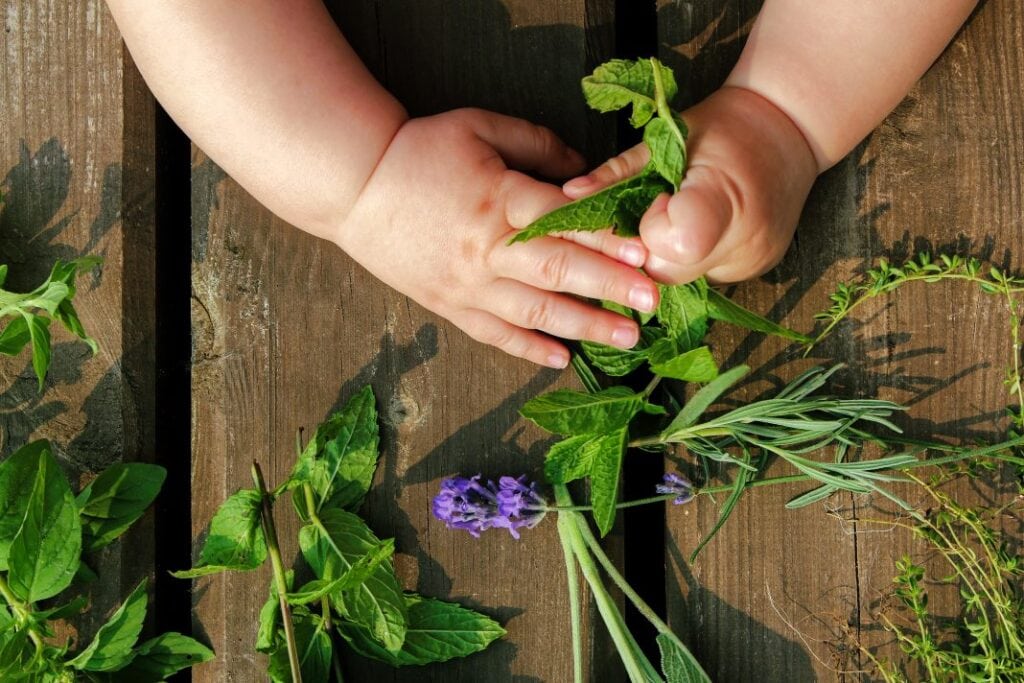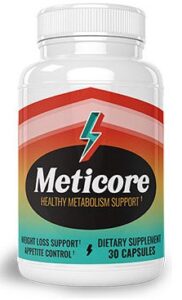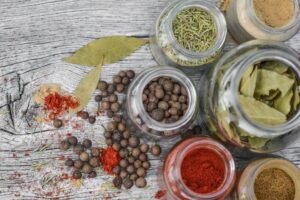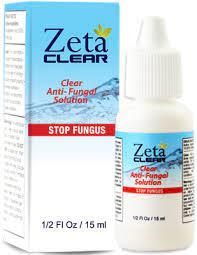 I remember being allowed to have my own "garden" as a child. I was possessive of its fruits and was proud when "my" stuff was served for part of dinner. It didn't occur to me that I was learning at the time, but when our own children expressed an interest it seemed the perfect combo.
I remember being allowed to have my own "garden" as a child. I was possessive of its fruits and was proud when "my" stuff was served for part of dinner. It didn't occur to me that I was learning at the time, but when our own children expressed an interest it seemed the perfect combo.
If you have a small yard or other space problems, herbs are a better fit than bigger plants from the vegetable garden. However, it's important to choose the right herbs. All of these listed below are safe, and many have interesting points that can help you teach nutrition, history and other lessons that might be boring if they came of a book.
Basil: The scent of basil is quite pleasant, and it can go into many childhood favorites, such as pizza or spaghetti. It's an annual, which means that in most climates it will have to be replanted yearly. It is good for container gardening, but if you plant it outside it could become a bit on the large side.
In Italy, basil is planted in pots and put in windows and doorways to discourage flies. It is said that if a lover sees the plants set out, it is an invitation to come in. That could be disconcerting if all you had in mind was an insect repellant —
Catnip: This is a member of the mint family, so if you don't plant it in a container, you may want to put in some sort of root barrier. I've seen these plants go under driveways and houses to pop up in other locations they weren't intended to grow. That can make some of your neighbors a bit unhappy.
One of the fun aspects of catnip is the enjoyment of the plant by cats. To protect your garden, you may want to put a cage over it so the cats can't actually roll in your garden. Pick a small handful and give it to your cat (or a neighbor's if they give permission).
Catnip is safe to ingest by kids over the age of six. Younger children probably wouldn't be hurt by it, but it's frowned on by many herbalists. As it is not a food plant, it's best to ask your pediatrician before allowing your kids to eat it or drink tea made from it. By the way, if they do, they will probably be very sleepy.
Chamomile: The apple scent of this plant is pleasant, and as most people know a tea made from it can be very relaxing. As with catnip, check with your pediatrician before letting the kids take part.
While chamomile has quite a few medicinal purposes, one that may be interesting to both you and your children is its use in aromatherapy. While most people think the jury is still out on the general principles of aromatherapy, I think several thousand years of use lends it some credence. I've also used it successfully, and chamomile is one of the plants I use most frequently.
Lemon Balm: Like catnip, this is a member of the mint family, and similar care should be taken in the planting of it. Thankfully, unless it's marring the perfect lawn, it's a more welcome visitor. The scent of lemons can be very strong, but not overpowering.
Herbalists use lemon balm to calm, relieve allergies and to add a pleasant taste. Some herbs that we use just plain don't taste good, where this one does. It's been used on children two and over, but as with all herbs, check with your pediatrician.
The thing that would make this interesting to the children is that it draws butterflies. We don't get a lot of them in our area, but we are on the Monarch path and the flowers have been quite successful in drawing the beautiful butterflies.
Pineapple Sage: Unlike regular sage, this plant has the pleasant smell of pineapples. It can be used in cooking, though it's important to know that it may add a sense of sweetness to what it is cooked in.
For the kids (and for me, too), it's the hummingbirds that are the big lure for planting this perennial. The dark red tubular flowers are perfect for the little birds. I've been known to just sit at my desk and watch them when I should be writing —
Children can have fun growing their own plants, and it's a good way to introduce them to many things. Talk to the folks at your local nursery about what might work in your circumstances. Whether it's small pots in the windowsill or a larger plot in the back yard, herbs and kids can mix.







